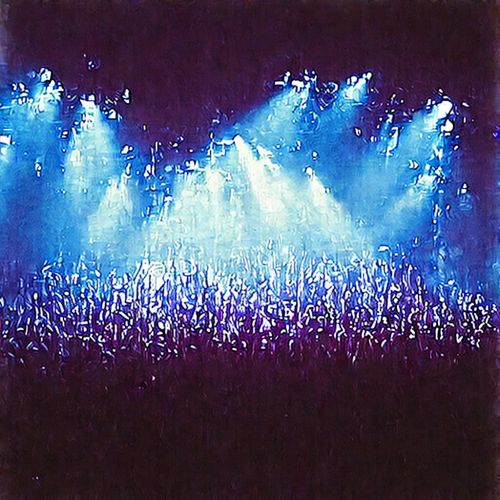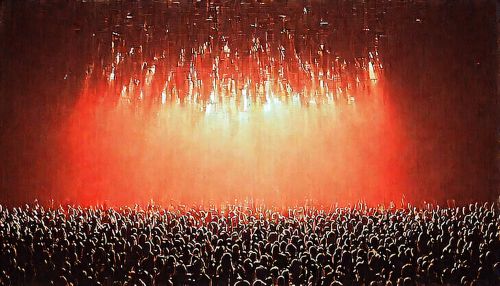List of countries in the Eurovision Song Contest
Introduction
The Eurovision Song Contest (ESC) is an annual international song competition, held primarily among the member countries of the European Broadcasting Union (EBU). Each participating country submits an original song to be performed on live television and radio, then casts votes for the other countries' songs to determine the competition's winning entry. The contest has been broadcast every year since its inauguration in 1956, making it one of the longest-running television programs in the world.


Participating Countries
The Eurovision Song Contest has seen participation from a wide array of countries since its inception. As of 2021, 52 countries have participated at least once. This section provides a comprehensive list of these countries, along with their debut year and the number of times they have participated.
Debuting in the 1950s
The inaugural Eurovision Song Contest in 1956 saw participation from seven countries: Belgium, France, Germany, Italy, Luxembourg, the Netherlands, and Switzerland. These countries, along with the United Kingdom, which debuted in 1957, are often referred to as the "Big Eight" due to their historical significance and consistent participation in the contest.
Debuting in the 1960s
The 1960s saw an expansion in the number of participating countries, with 13 new countries making their debut. These include Austria, Denmark, Finland, Ireland, Norway, Portugal, Spain, and Sweden, among others.
Debuting in the 1970s
The 1970s saw the debut of five countries: Malta, Monaco, Morocco, Israel, and Greece. Morocco's participation in 1980 was their only appearance in the contest to date.
Debuting in the 1980s
The 1980s saw the debut of Cyprus, Iceland, and Yugoslavia. Yugoslavia, however, ceased to exist as a unified state in the 1990s, leading to the subsequent debut of several successor states in the following decades.
Debuting in the 1990s
The 1990s saw a significant increase in the number of participating countries due to the dissolution of the Soviet Union and Yugoslavia. This decade saw the debut of many Eastern European countries, including Estonia, Latvia, Lithuania, Poland, Romania, Russia, and Ukraine.
Debuting in the 2000s
The 2000s saw the debut of three countries: Armenia, Azerbaijan, and Georgia. All three countries have participated consistently since their debut.
Debuting in the 2010s
The 2010s saw the debut of only one country: Australia. Despite not being a European country, Australia was invited to participate in the 60th anniversary of the contest in 2015 and has been a regular participant since then.
Voting System
The Eurovision Song Contest has employed various voting methodologies over its history, with the current system being a combination of televoting and jury votes. Each country awards two sets of 12, 10, 8–1 points to their 10 favourite songs: one set from their professional jury, and the other from televoting.
